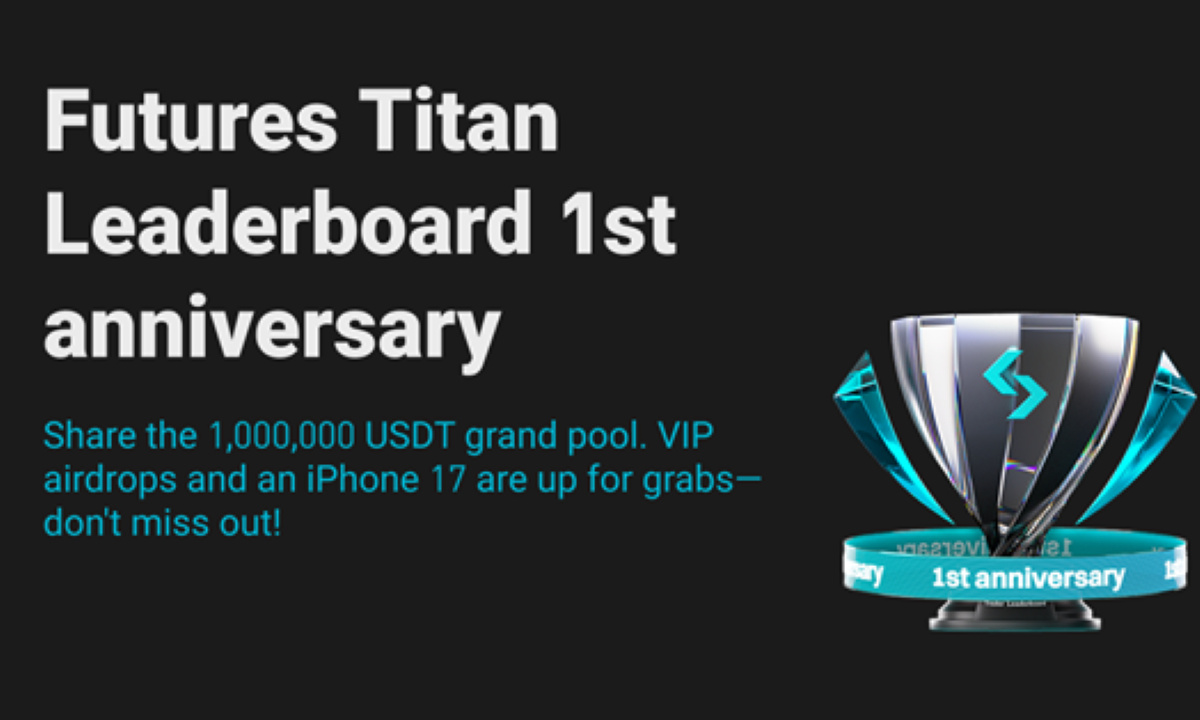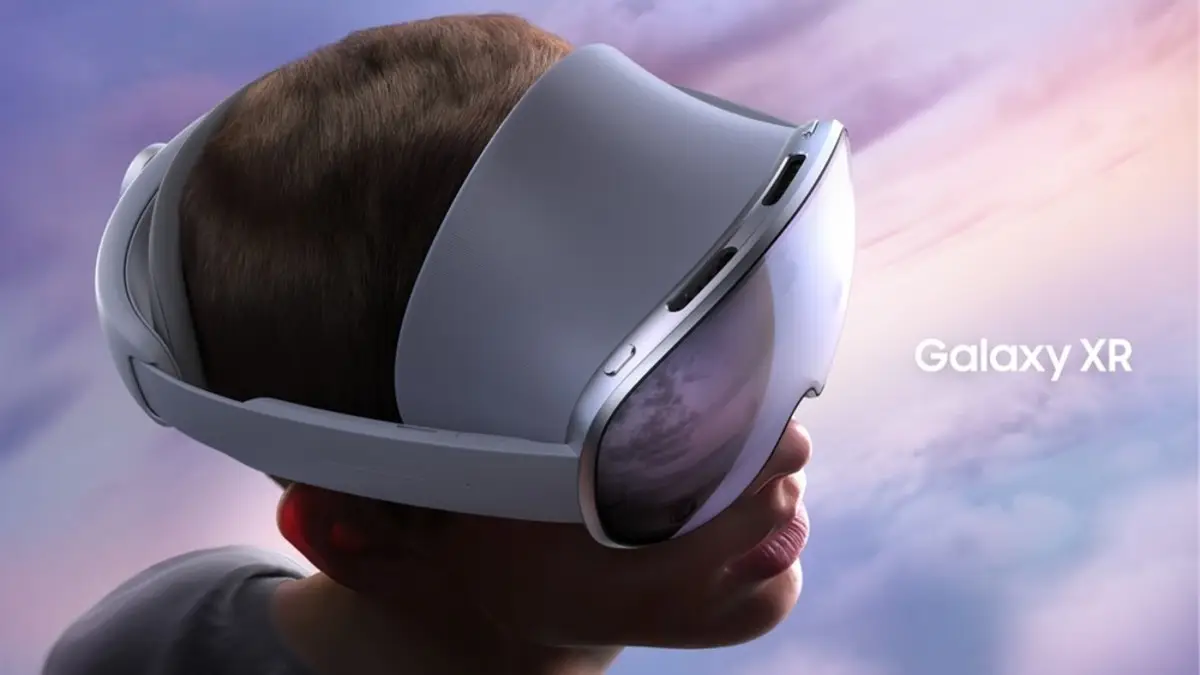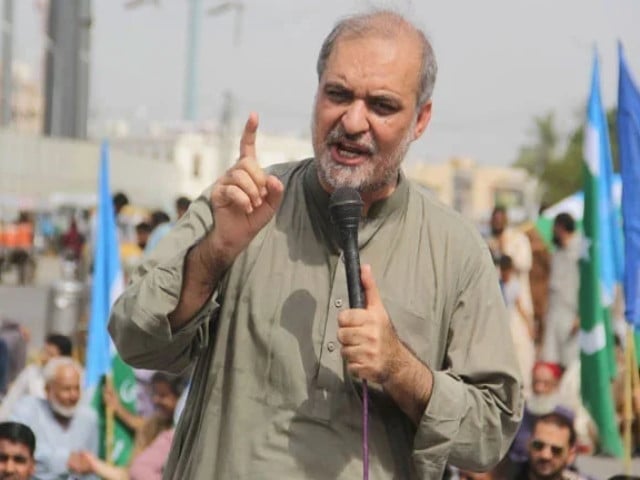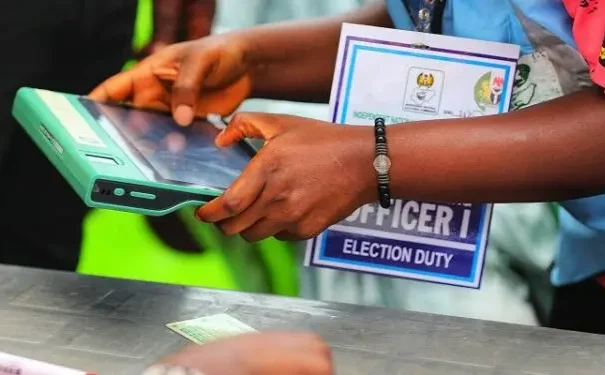Copyright NJ.com
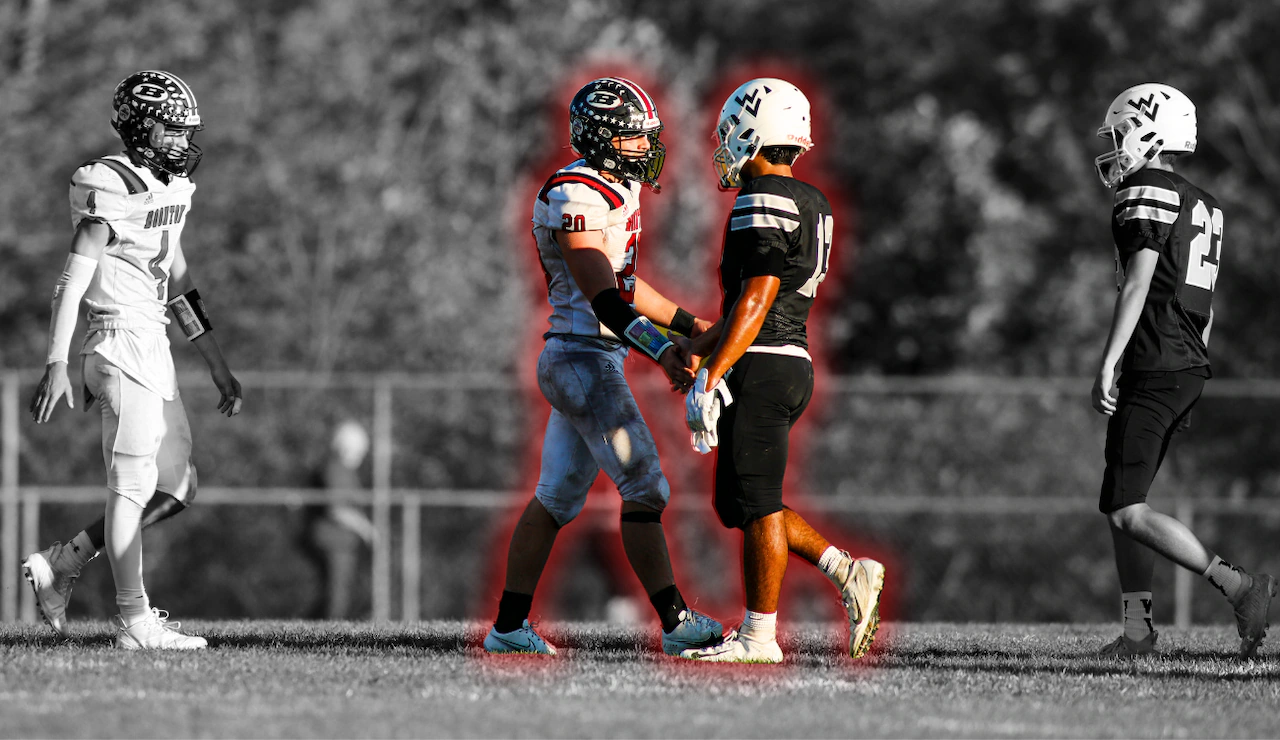
The Linden boys basketball players formed a handshake line after the hotly contested game, same as they had hundreds of times in the past. In an instant, a sacred sports tradition exploded into shocking violence. As the Plainfield and Linden high players prepared to shake hands, Linden junior Shakim Bibby was sucker punched in the face by an unknown assailant. The blow knocked Bibby unconscious and sent him crashing to the ground, where he was kicked, stomped and left with a concussion and broken bone in his face. The shocking melee from 2018 made national news and resulted in a lawsuit by Bibby that was eventually dismissed after a years-long battle in the Union County courts. But it was after that disturbing incident that legendary former Linden coach Phil Colicchio came to a controversial conclusion that more coaches are calling for as violence continues escalating on ball fields and courts across New Jersey: He wanted to put an end to the post-game handshake line. “There’s no reason they need to shake hands,” said Colicchio, now the coach at Elizabeth High. “Teams are uptight, teams are emotional — that’s when things are going to be said. Pushes come to shoves, shoves become punches and then it’s all-out fights.” Colicchio’s opinion may rankle sportsmanship purists and traditionalists who believe the post-game handshake line is a baseline for youth and high school sports. But the idea of nixing the tradition is gaining traction as outbursts of violence continue to occur in the handshake line, when tense, high-strung players come together moments after play ends. Just last month, a wild brawl erupted between St. Benedict’s Prep and St. Peter’s Prep, two of the state’s top high school soccer powerhouses, after punches and shoves were exchanged in the post-game handshake line. As the fracas unfolded, one of New Jersey’s top-ranked players charged after a photographer who was taking pictures of the melee and grabbed his throat, leading to a two-game suspension. In St. Louis last month, football players from a Missouri high school were reportedly pepper sprayed by police after a fight broke out during the handshake line. And even in the NFL, a pair of melees ignited at the conclusion of games this season. Following an Oct. 12 loss to Kansas City, Detroit safety Brian Branch refused to shake the hand of Chiefs quarterback Patrick Mahomes and slapped wide receiver Juju Smith-Schuster. Last Sunday, Buffalo’s Dion Dawkins and Jacksonville’s A’Shawn Robinson nearly came to blows after jawing during handshakes. The recent incidents have prompted some in high school sports circles to seriously question whether post-game handshake lines should continue. Those proponents include St. Peter’s Prep athletic director Rich Hansen, a former legendary football coach who witnessed the melee with St. Benedict’s. Hansen believes players should display sportsmanship by shaking hands before games — not after. “We’ve all been in these altercations,” Hansen said after the brawl between his school and St. Benedict’s. “I’d rather see pre-game shakes.” It’s a tradition in youth sports for teams to show good sportsmanship, lining up and shaking hands after games. New Jersey’s governing body for high school sports, the New Jersey State Interscholastic Athletic Association, even mandates it as part of its annual coaches handbook. “The NJSIAA strongly believes that the handshake at the end of every interscholastic contest is an important part of sportsmanship,” the mandate reads. “The NJSIAA’s stance is that it highlights a critical lesson for student-athletes and coaches while demonstrating respect and integrity regardless of the outcome. Walking away from the handshake due to a tough loss sends the wrong message, suggesting that poor sportsmanship is acceptable in the face of defeat.” It’s an idyllic take, but one that Colicchio believes isn’t practical amid the chaos on playing fields throughout New Jersey. “I say we go back to the way it was during Covid, when nobody was allowed to shake hands after games,” Colicchio said. “Fighting was non-existent after the game.” A timeless tradition Anyone who has ever played Little League baseball understands that shaking hands with opposing players afterward is part of the post-game procedure. All other youth sports operate in similar fashion, coaches said. The post-game pep talk from coaches and free hot dogs at the snack stand can wait. There’s always the matter of shaking hands or fist-bumping opponents while repeating, “Good game,” a dozen or so times. “For me, I played in some of the hardest-fought college football games back at Rutgers and always made it a point to shake hands with the opposing team, even though it was never a requirement,” said former Scarlet Knights linebacker Kevin Malast, who now coaches his son’s Pop Warner football team in Toms River. “I get a little emotional seeing the kids on my team shaking hands with their opponents, especially after tough losses.” According to Little League International, no mandate exists requiring teams shake hands following games. But reports indicate the practice started after Little League World Series games in the late 1940s. These days, none of the four major professional sports conclude with formal handshake lines. Typically, a final play happens and some athletes embrace while others head to the locker room. In the NBA, some players simply wave to each other as they leave the court. The closest to an official handshake line in the professional ranks happens in the NHL. Opposing players typically form lines, skate ahead and shake hands after hotly contested playoff matchups. “For me, the thing that comes to mind is just respect,” Devils captain Nico Hischier told NJ Advance Media. “It’s kind of a war out there, especially playoff hockey, and you might even still be pissed at your opponents but if you can put all that aside and respect the game and respect your opponent it shows character in yourself.” Brenden Dillon echoed that sentiment inside the Devils locker room following a practice earlier this month. The 15th-year defenseman remembered playing for the San Jose Sharks in the Western Conference finals in 2016, when he fought Carl Gunnarsson late in a Game 4 loss. His team rallied to win the series and afterward he shook hands with the St. Louis Blues’ defenseman — just days after they traded punches. “I personally have fought some of my best friends in the game,” Dillon said. “I like to play the game hard. I like to play the game on the edge. But once it’s over, you can be a good person and represent yourself and your team with good sportsmanship.” There’s no hard and fast rule in the college ranks mandating players shake hands after games. Like the NFL, college football games routinely end with head coaches shaking hands while some players pay respect to opponents before heading to the locker room. “It’s a cultural thing that’s bigger than just that single incident of shaking hands after a game,” Rutgers coach Greg Schiano said. “To me, you pay your respect to your opponent and then you get inside. You don’t need to gloat if you win and you don’t need to put on a show that you’re so sad. Let’s do the things we’re supposed to do and let’s get into the locker room.” While handshake lines typically form in front of the scorer’s table at the conclusion of most college basketball games, post-game skirmishes have erupted as a result because of player interactions in recent years. In 2022, the handshake line at the end of Rutgers’ upset of Michigan was interrupted by a scuffle, with multiple teammates and a staffer needing to drag Michigan’s Moussa Diabate back to the visiting locker room. In 2024, a massive brawl broke out following Texas A&M-Commerce’s win at Incarnate Word as teams started shaking hands, resulting in a “girl’’ in the crowd getting hurt and a team manager to be bloodied, according to reports. Even coaches have failed to contain their emotions. In 2022, former Michigan coach Juwan Howard swung at Wisconsin assistant Joe Krabbenhoft during a scuffle in the handshake line, and locally Seton Hall coach Shaheen Holloway threw Wagner coach Donald Copeland’s hand away and started jawing at him following a 2023 matchup. The chaos caused legendary college basketball coach Rick Pitino to order his team to abstain from post-game handshakes at one point during the 2024-25 season. “We almost had a fight during the Bryant game in the handshake line and coaches had to get in the middle,” the St. John’s coach wrote on social media. “The fighting nonsense has to stop!” Rethinking the handshake line In a memo last year, the National Federation of State High School Associations, the national governing body for scholastic sports, issued a statement to its thousands of member schools suggesting that security personnel be stationed “in close proximity to the handshake line.” It’s a warning that administrators and coaches are taking seriously, according to coaches and athletic officials. Jim DeSarno, the former long-time football coach at Westfield and current athletic director, said when he used to coach, he’d be at the front of the handshake line, paying respects to the opposing team’s coaches and players following games. Now? “You need to make sure that our site managers are really monitoring the end of the game because it’s so important,’’ DeSarno said. “Everyone around high school sports nowadays has a story about something happening or almost happening after games.” And while he’s heard some coaches and athletic officials pushing for the eliminating handshake lines, DeSarno said he favors keeping it in some form. “Sportsmanship is something worth fighting for,” he said. St. John Vianney athletics director Brian Chapman agreed with the sentiment, but said every game is different. “Coaches need to have some feel with what’s going on in the game, how heated or chippy the game was, especially in hotly contested rivalry games,’’ Chapman said. “I don’t think every game needs to end with a handshake line. But anyone who values sportsmanship should be able to pay respects after a game, and I hope the handshake line doesn’t go away.’’ After several post-game altercations have prompted investigations by the NJSIAA, the organization acknowledged it’s heard criticism of the handshake line. But spokesperson Mike Cherenson said it is not currently considering changes to its policy. “Sportsmanship is central to education-based athletics,” Cherenson said. “After competition, players should look opponents in the eye, shake hands, and show respect for each other and for the game. Walking away from that lesson solves nothing.” That means the onus on quelling disorderly behavior post-game remains on coaches and schools. West Orange’s Darnell Grant and Wall Township’s Ed Gurrieri are just some of the state’s high school football coaches who said they discuss their handshake line operations before games with players and coaches. “There should be a level of respect for the game and civility that we as adults should be teaching our kids,’’ Grant said. “I know things have happen that shouldn’t, but abolishing the handshake line would seemingly be a temporary ease. We need to work a little harder, every coach, AD, mom and dad, to instill in our kids to have the right perspective for the game.’’ As commissioner of the New Jersey Football Coaches Association, East Orange’s John Jacob said his organization’s policy is to mirror the NJSIAA’s in ensuring the handshake line remains part of the post-game festivities. Even as incidents and fights continue to pile up. “I understand there have been instances where coaches feel it’s not in their best interests to have their teams interact after the game,” Jacobs said. “As a coach, you want to tell your players to let go of those emotions, look at your competitor and shake their hand. “I understand that’s easier said than done,” Jacobs continued. “But I think ultimately that’s what we all want.”
